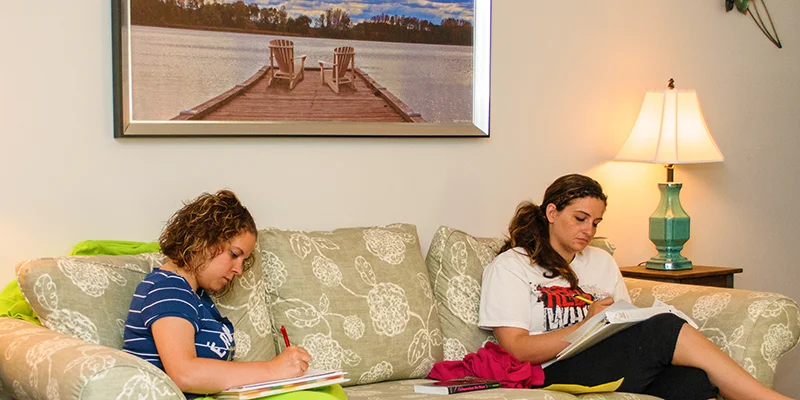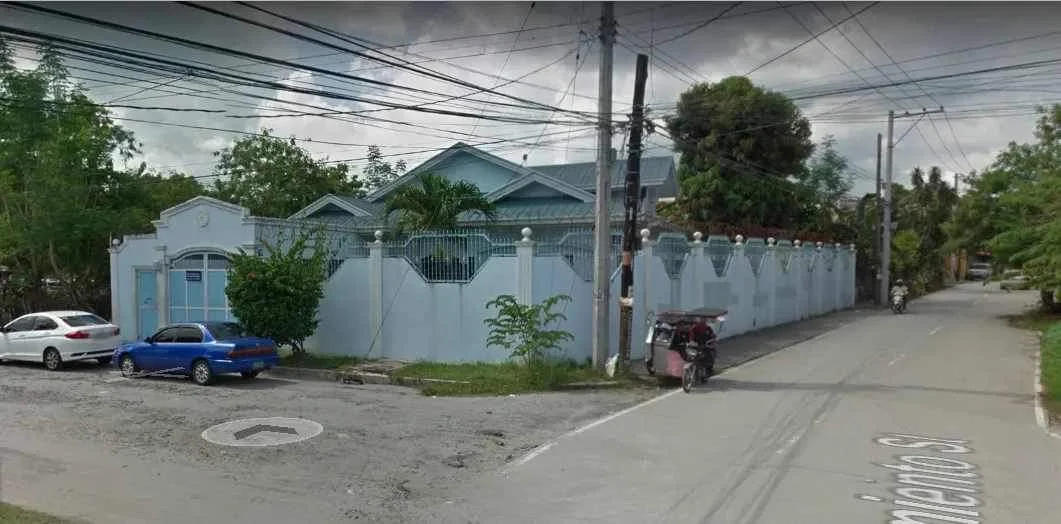Crown Recovery Center Information
Treatment
Who We Treat
- Male and Female
Treatment Focus
- Spiritual Emphasis
- Alcohol
- Drug Addiction
- Methamphetamine
- Opioids
- Post Traumatic Stress Disorder
- Trauma
Approaches
- 12-Step-Based
- Individual Treatment
- Gender-Specific
- Spiritual Emphasis
- Twelve Step
- Group Therapy
- 1-on-1 Counseling
- Life Skills Training
Conditions We Treat
- Post Traumatic Stress Disorder (PTSD)
- Trauma
- Co-Occurring Disorders
Substances We Treat
- Alcohol
- Benzodiazepines
- Heroin
- Opioids
- Cocaine
- Methamphetamine
- MDMA/Ecstasy
- Ecstasy
- Psychedelics
Languages
- English
Level of Care
- Residential Rehab
- Co-Occurring Mental Health
Experience
On-Site Amenities
- Access to Nature
- Business Center
- Fitness Center
- Library
- Outdoor Lounge
- Recreation Room
Personal Amenities
- Air-Conditioned Rooms
- Shared Rooms
Smoking and Vaping Policy
- Smoking Allowed in Designated Areas
- Vaping Allowed in Designated Areas
Accreditations
-
Commission on Accreditation of Rehabilitation Facilities (CARF)
Established in 1966, the non-profit organization known as the Commission on Accreditation of Rehabilitation Facilities (CARF) has a dedicated focus on accrediting rehabilitation organizations. CARF's primary mission is to assist service providers, particularly rehabilitation facilities, in upholding and promoting the highest standards of care.

Additional Locations
Crown Recovery Center Accepts The Following Insurance Plans
Find the best treatment options. Call our free and confidential helpline today!










